Back in the ’70s, TV time wasn’t as carefully curated as it is today. There weren’t endless kids’ channels or streaming platforms with parental controls—if the TV was on, you watched what was available, whether it was meant for you or not. Somehow, we always ended up tuning into shows that were clearly written for adults, filled with heavy themes, complicated plots, or humor that soared right over our heads. But that didn’t stop us from watching—and loving—every minute of them. Here are 12 TV shows from the ’70s that were way too grown-up for kids, but we watched them anyway.
1. M*A*S*H (1972)
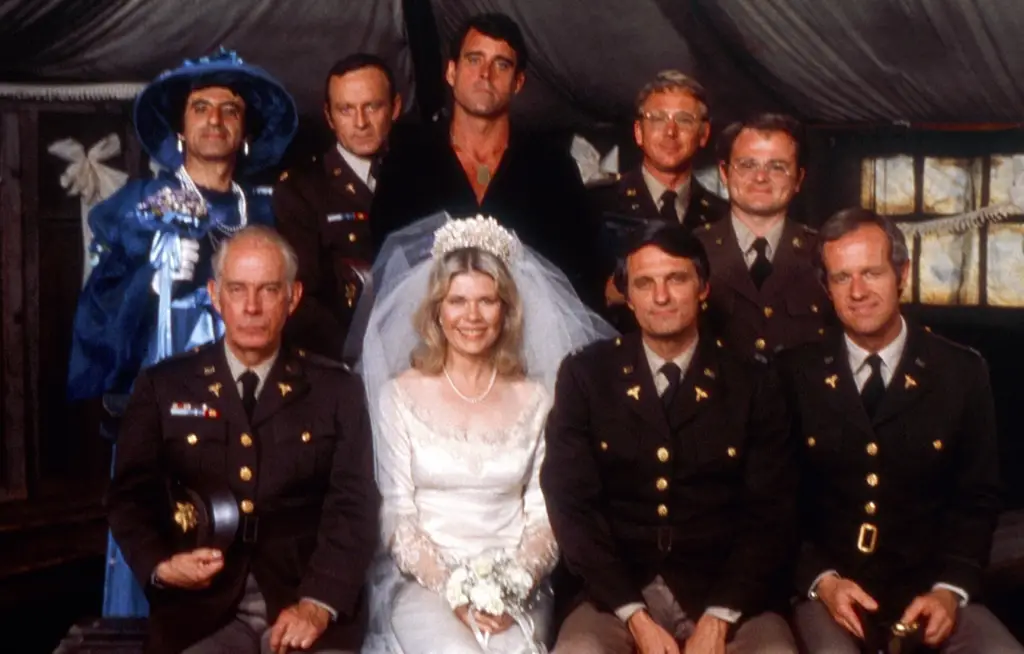
At first glance, M*A*S*H might have seemed like just another funny show, especially with Hawkeye’s constant wisecracks and pranks. But underneath all that humor was a serious look at the horrors of war, with episodes tackling death, trauma, and the emotional toll on soldiers and doctors alike. As kids, we probably missed the deeper messages, focusing more on the goofy antics of the 4077th. It wasn’t until later that we realized just how profound—and sometimes heartbreaking—this show really was.
Despite its heavy themes, M*A*S*H had a way of drawing in viewers of all ages with its perfect mix of comedy and drama. We might not have understood everything, but we knew it was something special.
2. Columbo (1971)
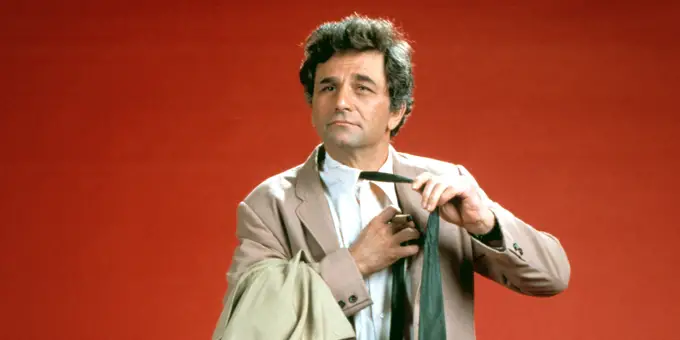
Peter Falk’s rumpled detective in Columbo was endlessly entertaining, but let’s be honest—most of the plots were way over our heads as kids. The show wasn’t a traditional whodunit; it was more of a “how’s he gonna catch ’em?” And with its slow pacing and adult conversations, it wasn’t exactly Saturday morning cartoon material. But there was something about Columbo’s sly, “just one more thing” routine that kept us glued to the screen.
Even if we didn’t grasp the intricacies of each case, we loved watching the bad guys squirm as Columbo closed in. It was a masterclass in subtle storytelling that we appreciated more as we got older.
3. All in the Family (1971)
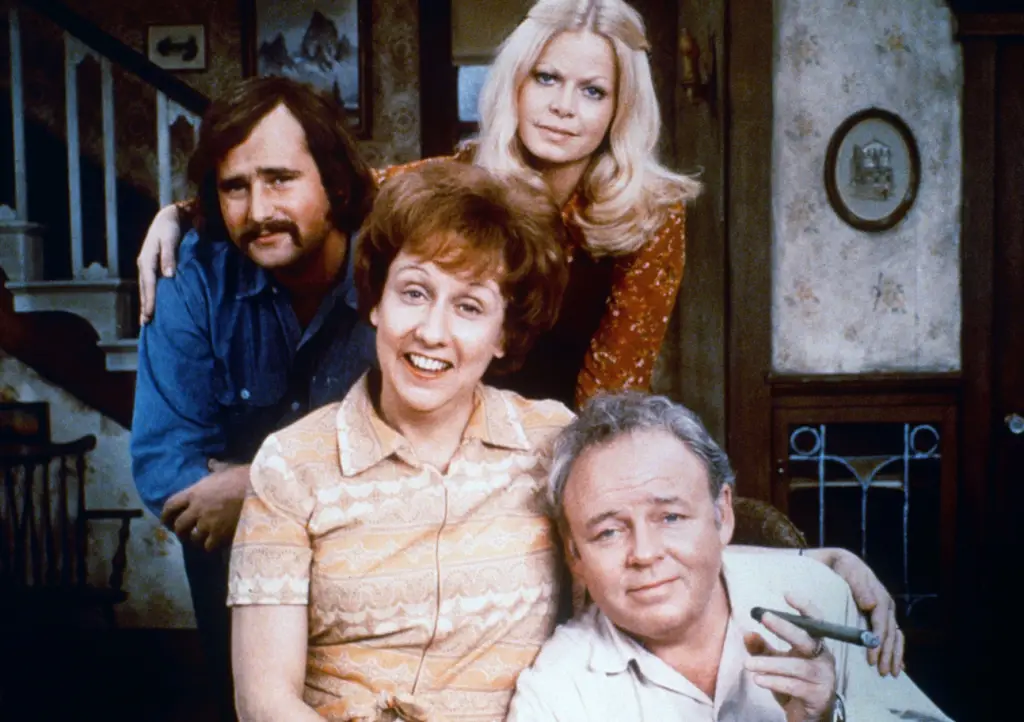
Archie Bunker’s loudmouth opinions and Edith’s high-pitched laugh were unforgettable, but All in the Family tackled topics that were way beyond most kids’ understanding. From politics to social issues, the show didn’t shy away from controversial subjects, using humor to highlight the tensions of the time. As kids, we laughed at Archie’s grumpiness without fully realizing how deep the show’s commentary ran.
Looking back, it’s clear that All in the Family wasn’t just a sitcom—it was a cultural touchstone. We might not have gotten the jokes back then, but the show left a lasting impression.
4. The Rockford Files (1974)
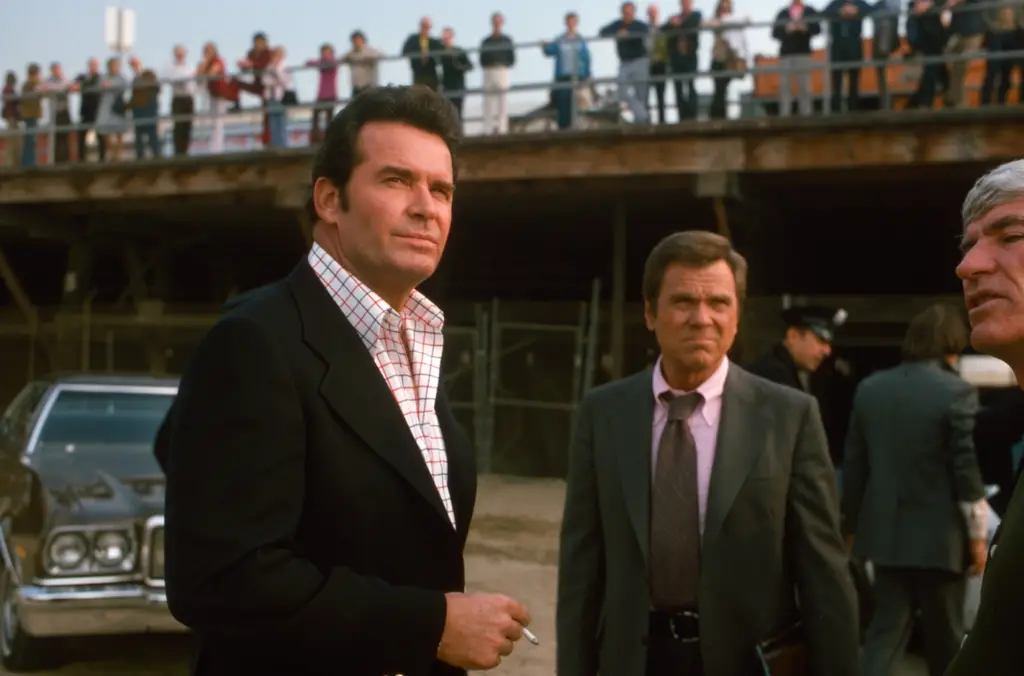
Jim Rockford was the coolest private eye on TV, and his answering machine messages alone were enough to hook us. But The Rockford Files was filled with complex plots, adult conflicts, and a level of cynicism that flew over our young heads. The show’s blend of mystery, drama, and dry humor was definitely aimed at a grown-up audience.
Still, there was something about Rockford’s charm and the action-packed chases that kept us coming back. Even if we didn’t fully understand what was going on, we knew Jim Rockford was someone worth watching.
5. Lou Grant (1977)
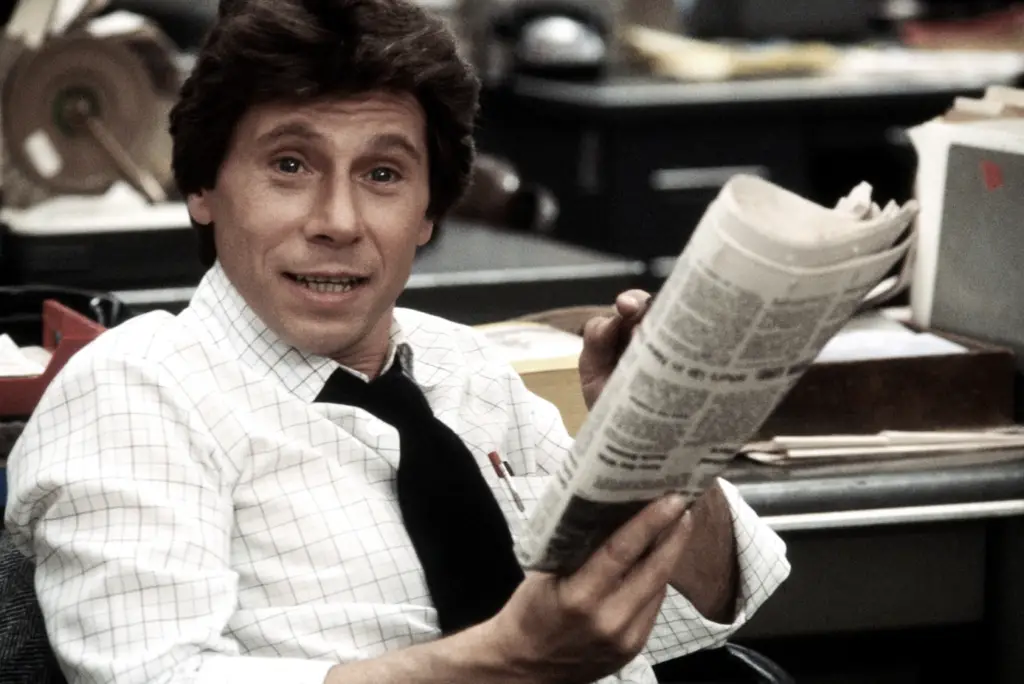
Spun off from The Mary Tyler Moore Show, Lou Grant took the lovable, gruff newsman from a sitcom into the world of serious journalism. This wasn’t a laugh-track-filled comedy—it was a hard-hitting drama about the challenges of reporting real news, often touching on political and societal issues. As kids, we probably didn’t care much about the inner workings of a newsroom, but we watched anyway.
There was something about the grown-up world of Lou Grant that felt important, even if we didn’t quite understand why. It introduced us to the idea that the news wasn’t just what happened—it was how it was told.
6. Kojak (1973)
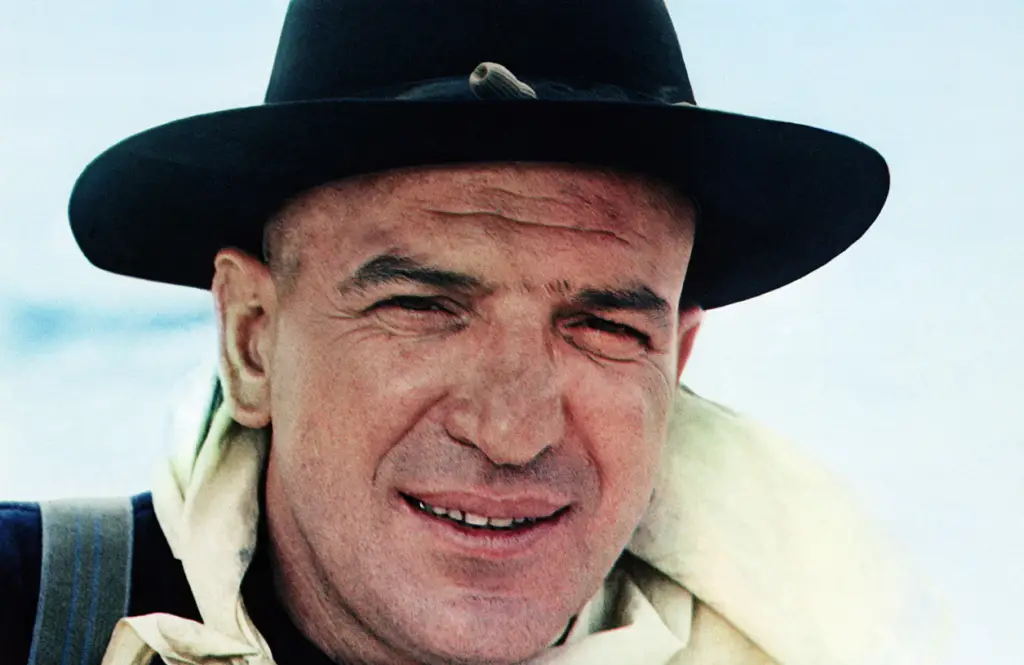
“Telly Savalas as Kojak” was enough to pique anyone’s interest, especially with his signature lollipop and catchphrase, “Who loves ya, baby?” But Kojak was a gritty crime drama, filled with tough cases, moral gray areas, and street-level realism. The show didn’t sugarcoat the darker side of law enforcement, making it more than a little intense for younger viewers.
Still, Kojak’s cool demeanor and clever detective work kept us watching. Even if the subject matter was too heavy, we couldn’t resist tuning in to see him crack the case.
7. Marcus Welby, M.D. (1969)
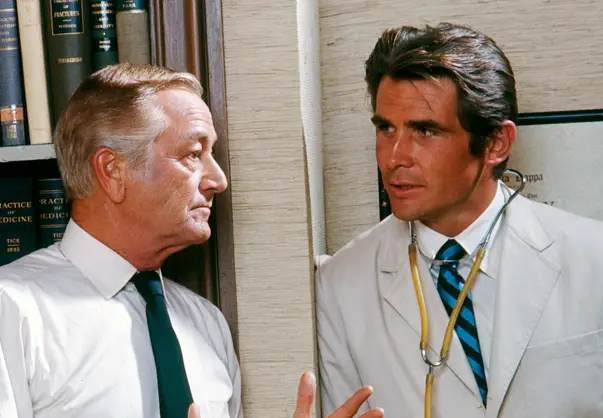
Marcus Welby, M.D. might have seemed like just another doctor show, but it tackled some surprisingly heavy topics for its time. From rare diseases to ethical dilemmas in medicine, the show didn’t shy away from complex, adult themes. As kids, we might have been drawn in by the hospital setting, but the serious subject matter was often over our heads.
Still, there was something comforting about Dr. Welby’s calm, reassuring presence. Even if we didn’t understand all the medical jargon, we knew we were watching something meaningful.
8. The Waltons (1972)
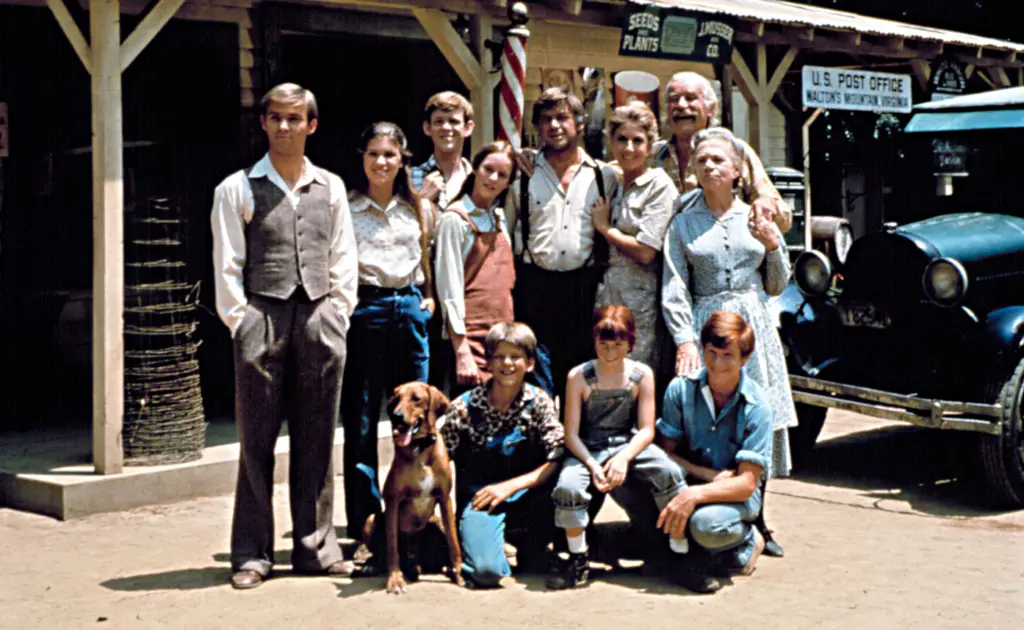
The Waltons was a family show, sure, but its portrayal of life during the Great Depression and World War II brought a level of seriousness that was pretty heavy for kids. The show dealt with poverty, loss, and the challenges of growing up in hard times, all through the lens of a large, close-knit family. While we might have tuned in for the family dynamics, the historical and emotional depth often went over our heads.
Despite its grown-up themes, The Waltons had a warmth that made it accessible to viewers of all ages. It taught us about resilience and family, even if we didn’t fully grasp the historical context.
9. Barnaby Jones (1973)
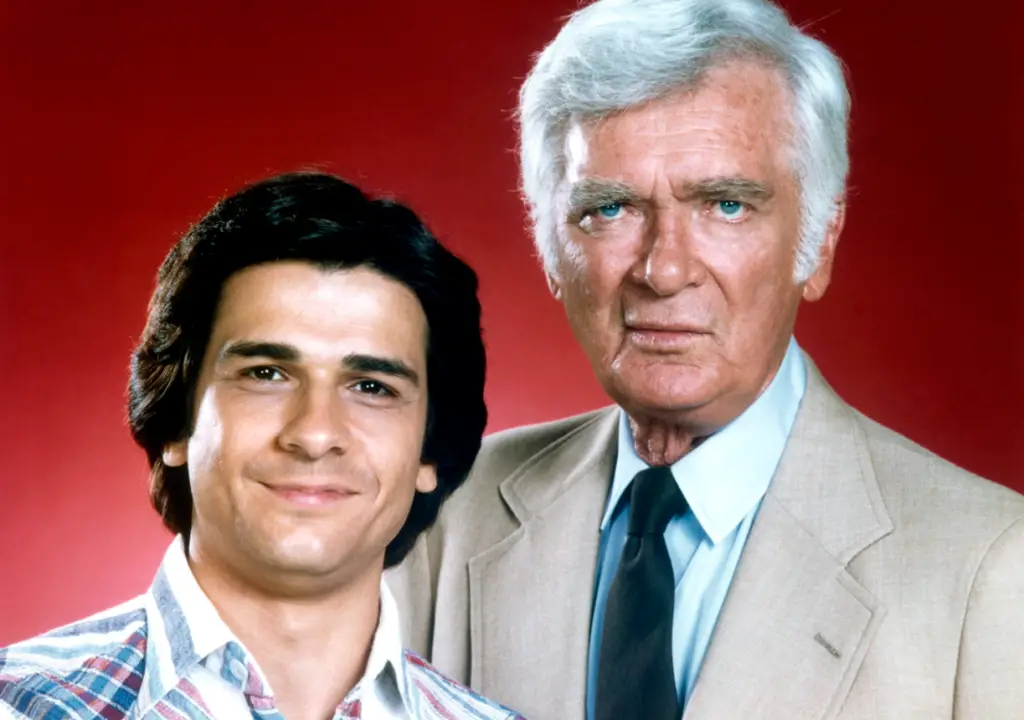
A detective show starring Buddy Ebsen, Barnaby Jones followed a retired private investigator who comes out of retirement to solve cases with his daughter-in-law. The show had all the hallmarks of a classic mystery, but its slower pacing and adult themes made it a bit more sophisticated than your average crime drama. As kids, we probably didn’t catch all the nuances, but we loved the idea of a grandpa-type solving crimes.
Barnaby Jones was proof that detective work wasn’t just for young, tough guys—it could be done with wisdom and experience. Even if we didn’t fully follow the plots, we admired Barnaby’s cool-headed approach.
10. Police Woman (1974)
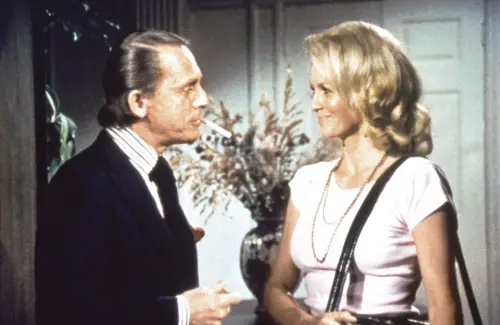
Angie Dickinson as Sgt. Pepper Anderson was groundbreaking, but Police Woman tackled some pretty gritty cases that weren’t exactly kid-friendly. From undercover stings to dangerous criminals, the show dealt with crime in a realistic, sometimes intense way. But seeing a strong female lead in a tough job was inspiring, even if the stories were more suited for adults.
The action and suspense were enough to keep us watching, even if the themes were over our heads. Police Woman showed us that heroes came in all forms.
11. Ironside (1967)
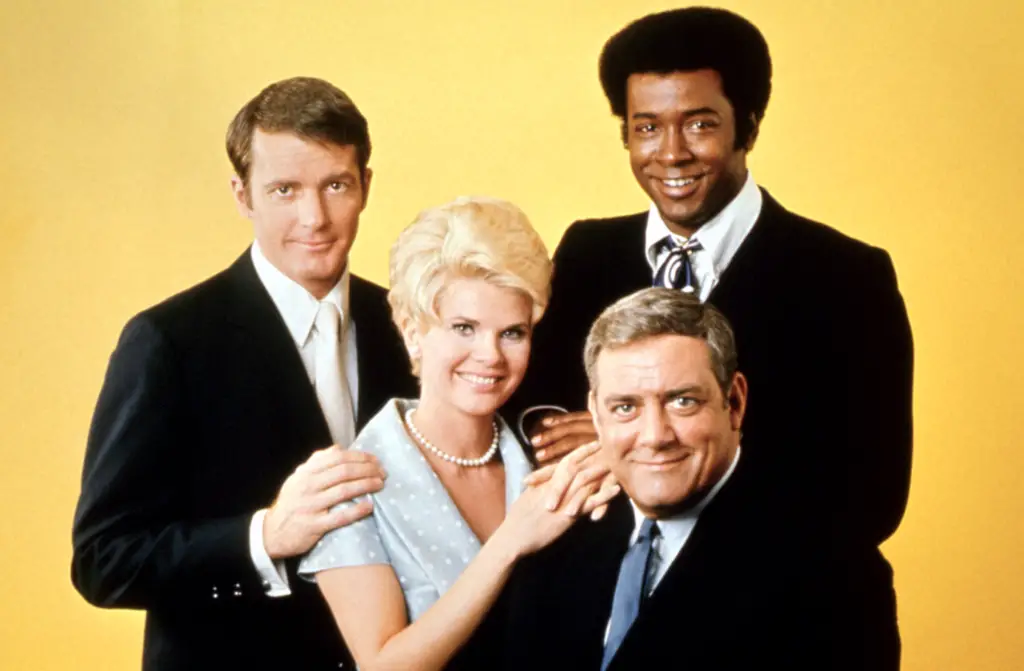
Ironside followed a paraplegic detective, played by Raymond Burr, solving crimes from his wheelchair—a concept that was ahead of its time. The show tackled not just crime, but issues of disability, justice, and personal resilience. The plots were often complex, with mature themes that weren’t exactly kid-friendly.
Still, there was something compelling about Ironside’s determination and intellect. Even if we didn’t understand all the legal or social issues, we respected his grit.
12. Quincy, M.E. (1976)
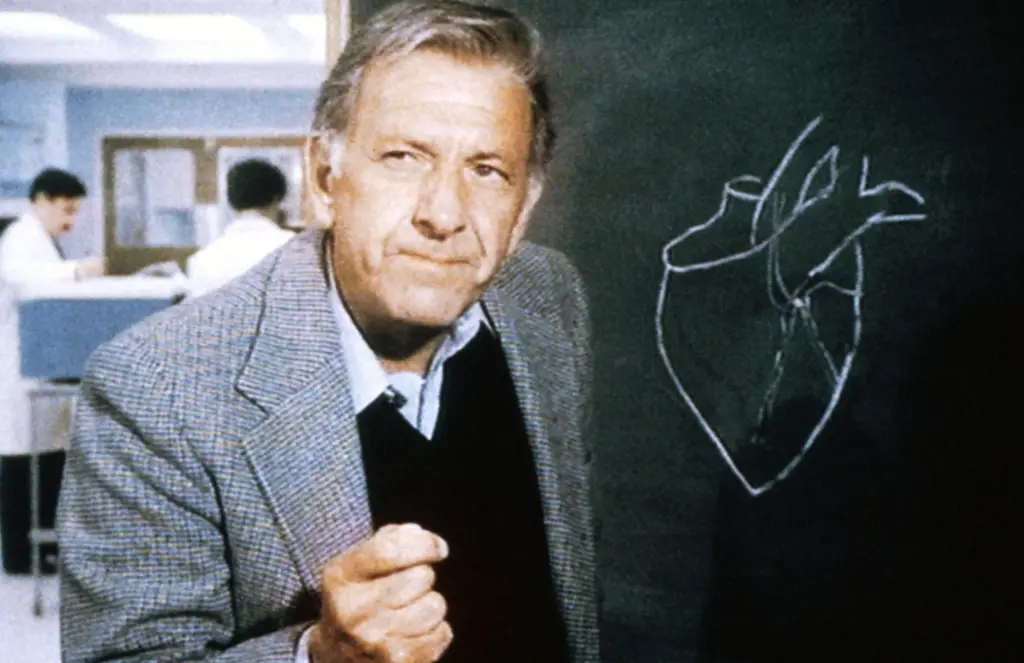
Before CSI was a thing, there was Quincy, M.E., a medical examiner who solved crimes by uncovering clues from autopsies and forensic evidence. The show delved into scientific detail and often tackled serious societal issues like pollution, corruption, and public health. As kids, the science might have gone over our heads, and the idea of autopsies was more than a little creepy.
But Quincy’s passion for uncovering the truth kept us watching. Even if we didn’t fully understand the science, we knew he was on the side of justice.
13. Soap (1977)
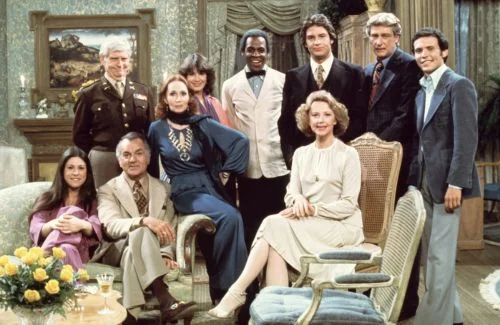
At first, Soap looked like a colorful, fast-talking comedy with a catchy theme song, but it was absolutely not made for kids. The show was a full-blown parody of daytime soap operas, filled with affairs, crime, satire, and jokes that leaned heavily on adult relationships and social commentary. As kids, we probably just caught bits and pieces while adults laughed a little too loudly in the other room. Most of the humor flew right past us, but the exaggerated drama alone was enough to hold our attention.
It wasn’t until much later that we realized how daring Soap really was for network television in the late ’70s. The series pushed boundaries with topics that were rarely discussed openly at the time, let alone played for laughs. Looking back, it’s almost surprising how much we were exposed to without understanding it. Somehow, that made the show even more fascinating to revisit as adults.
14. Hill Street Blues (1981)
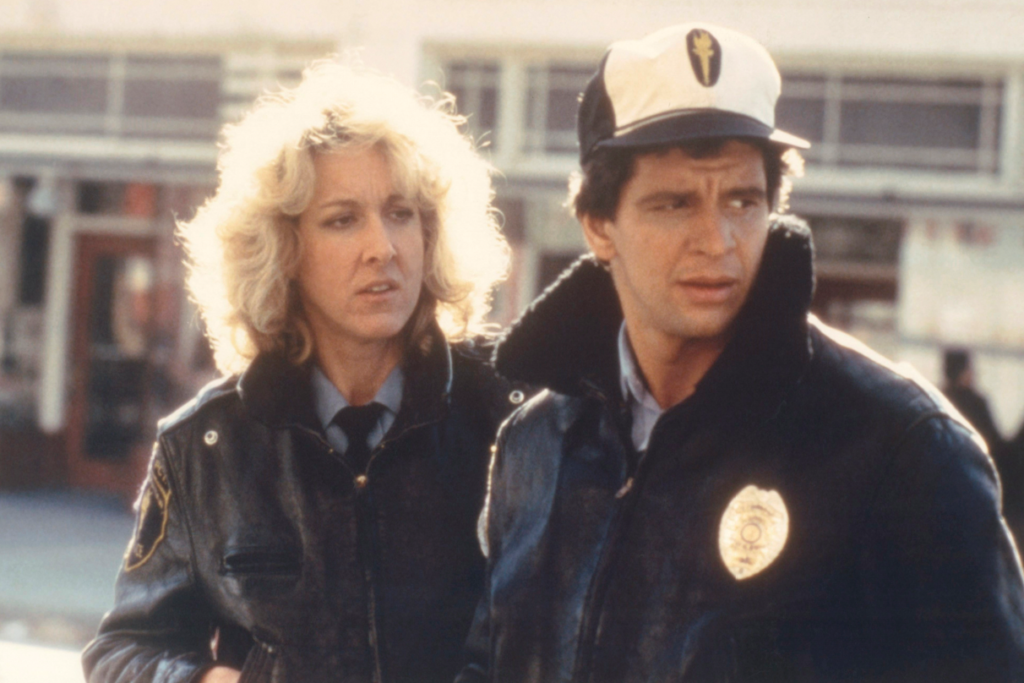
Even though Hill Street Blues technically premiered in the early ’80s, it felt like part of the same gritty television shift that grew out of the ’70s. This wasn’t a tidy cop show with clear heroes and villains, it was messy, emotional, and deeply human. The overlapping dialogue, complicated characters, and moral gray areas were far more than most kids could process. Still, if it was on, we watched, even if we didn’t fully know why.
As kids, we may have focused on the uniforms and police cars, missing the exhaustion and ethical dilemmas driving every episode. The show treated its audience like adults, asking them to sit with discomfort and ambiguity. Revisiting it later makes its influence impossible to ignore. At the time, though, it simply felt serious in a way we couldn’t quite explain.
15. The Mod Squad (1968)
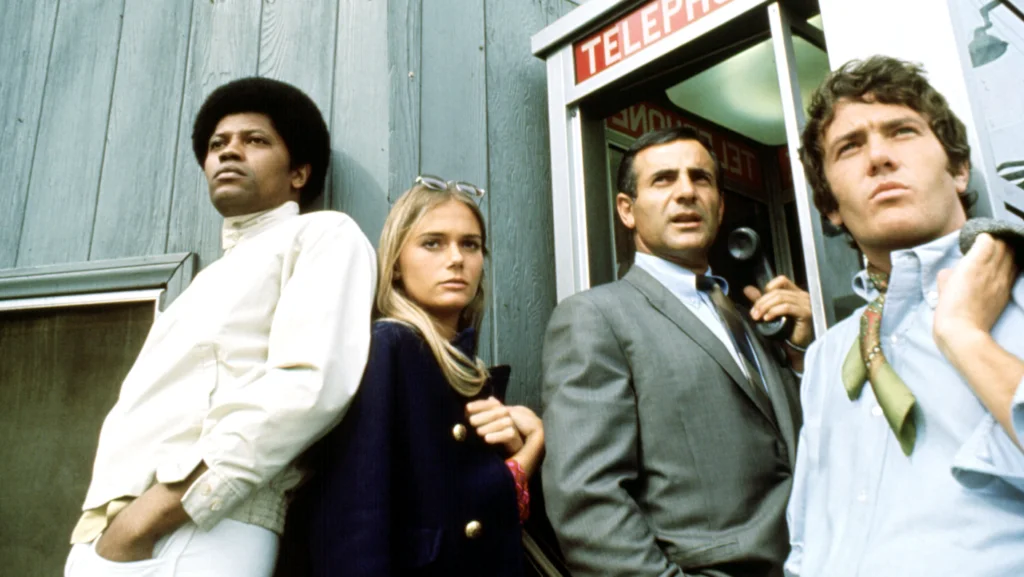
The Mod Squad looked cool enough to pull in younger viewers with its youthful cast and stylish edge. But beneath the trendy clothes and undercover setups were stories dealing with racism, drug use, and generational conflict. The show was firmly rooted in adult social issues of its era, even if it starred characters closer to our age than most crime dramas. As kids, we probably thought it was just another police show with better hair.
What we missed was how bold the series actually was in its messaging. It tackled topics many shows avoided, using crime stories to comment on real societal tension. Watching it now reveals how much nuance went over our heads. Back then, we were just drawn to the attitude and energy.
16. The Six Million Dollar Man (1974)
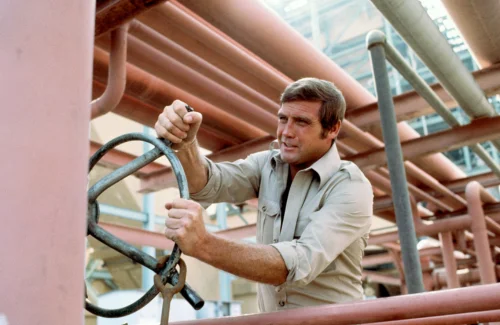
On the surface, The Six Million Dollar Man seemed perfect for kids, with action scenes, slow-motion running, and a hero who felt almost superhuman. But mixed into all that excitement were Cold War fears, government secrecy, and ethical questions about technology and power. The show often explored loss, identity, and what it means to be human, themes far heavier than we realized. We were too busy imagining bionic jumps to notice the darker layers underneath.
As adults, those layers become impossible to ignore. The series reflected real anxieties of the era, especially around science, control, and trust. What once felt like pure adventure turns out to be surprisingly thoughtful television. It’s a reminder that even our most exciting shows carried grown-up weight.
17. Mission: Impossible (1966)
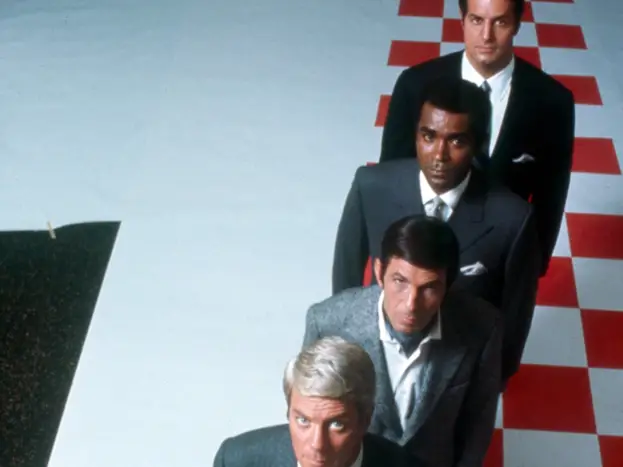
With its iconic theme music and clever disguises, Mission: Impossible felt thrilling no matter your age. But the show’s intricate plots, political tension, and spycraft were undeniably adult. Each episode required close attention, patience, and an understanding of deception and strategy that kids rarely had. We probably missed entire plot points while still enjoying the spectacle.
What kept us watching was the sense that something important was happening, even if we couldn’t explain it. The teamwork and high-stakes missions felt serious and sophisticated. Looking back, it’s impressive how much trust the show placed in its audience. As kids, we didn’t fully get it, but we knew it wasn’t talking down to us.
These shows might have been a little too grown-up for us back in the day, but they taught us more than we realized at the time. Whether it was about justice, family, or the complexities of life, they left a mark on our young minds. We might not have caught all the nuances back then, but revisiting them now reveals just how rich—and timeless—these stories really were.


